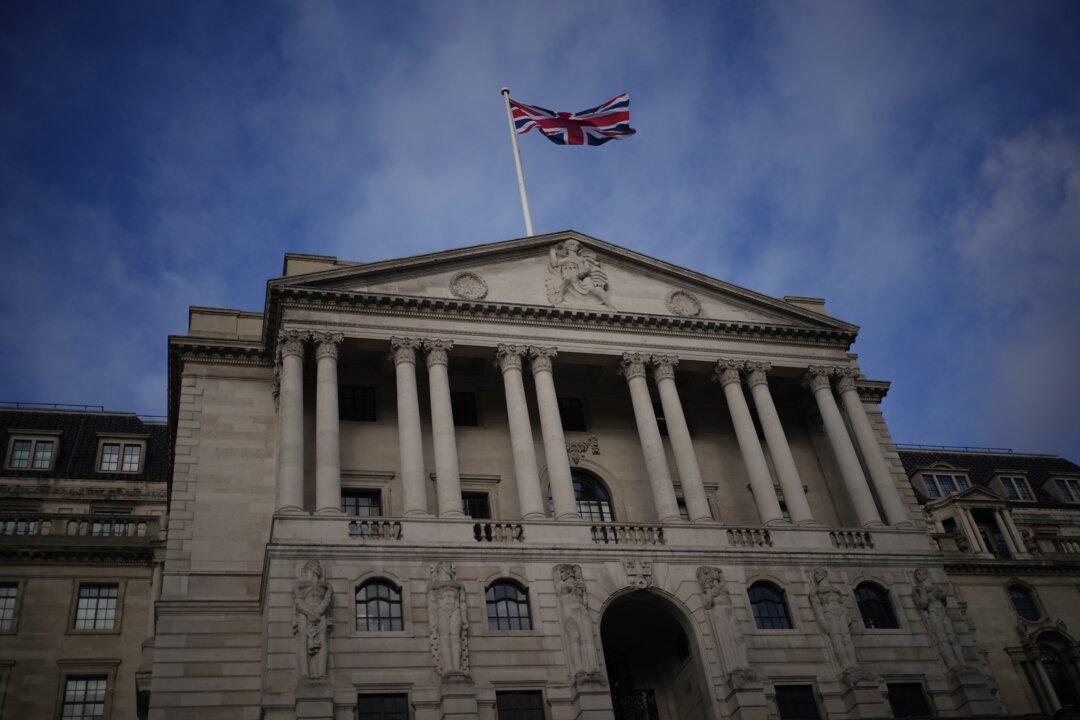The Bank of England, the UK’s central bank, has raised interest rates for the 10th time in a row, hiking the base rate from 3.5 to 4 percent to help bring down double-digit inflation.
Seven members of the bank’s Monetary Policy Committee (MPC) voted for the rate hike, with two voting to keep it unchanged.





